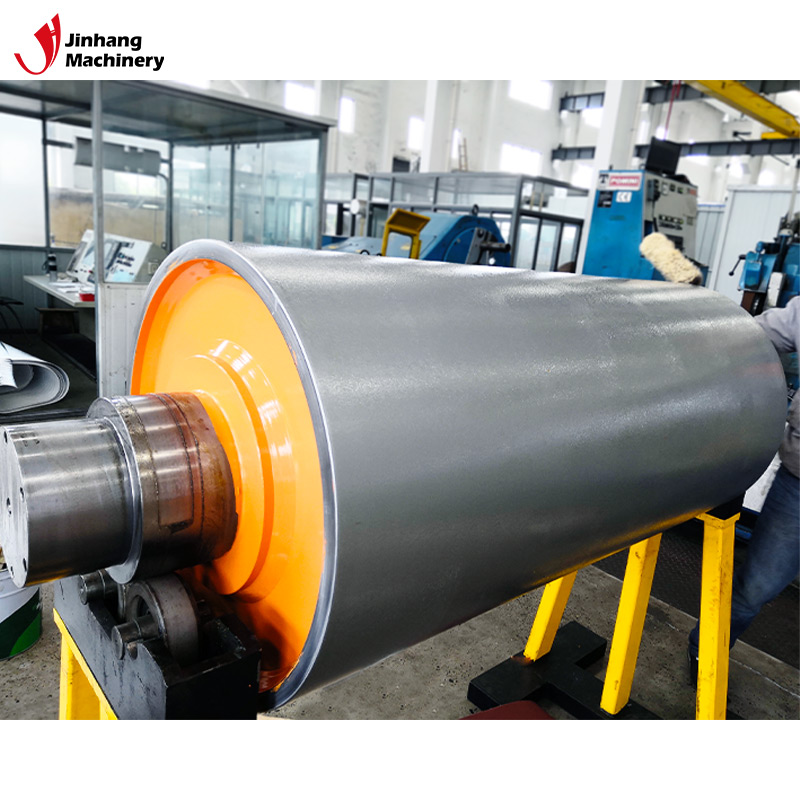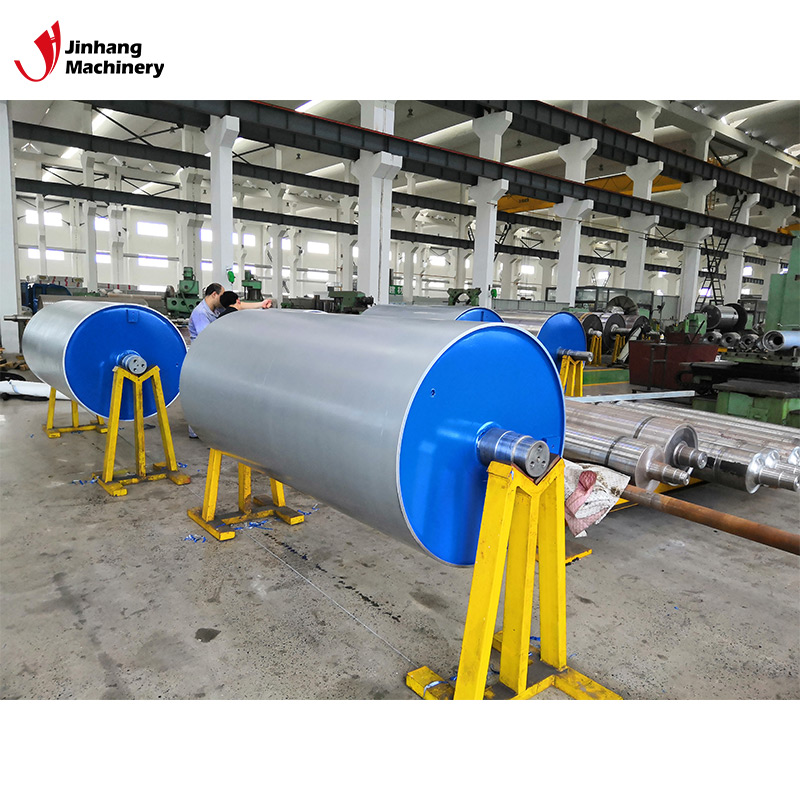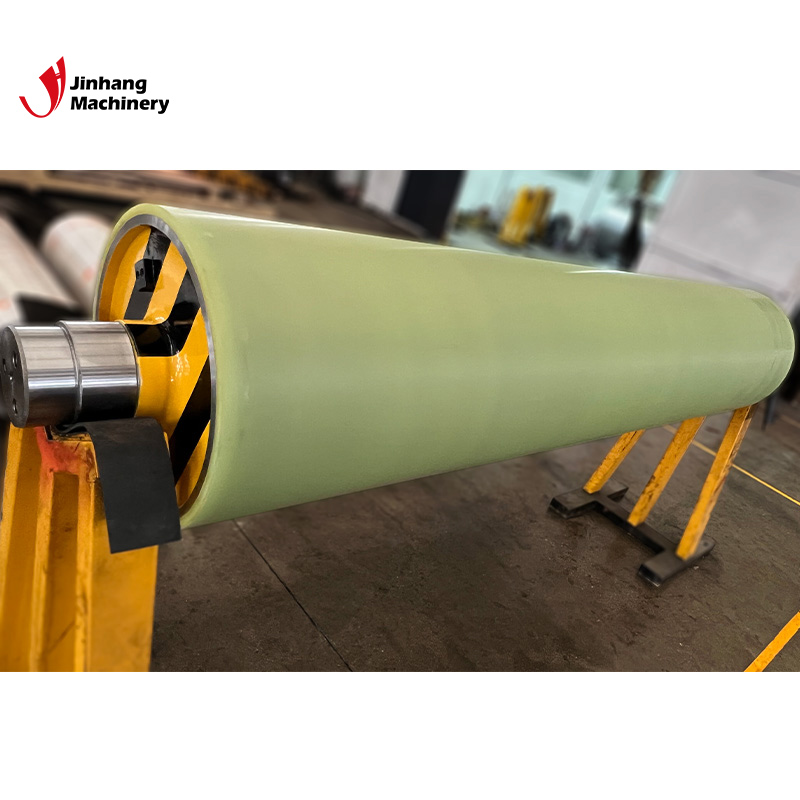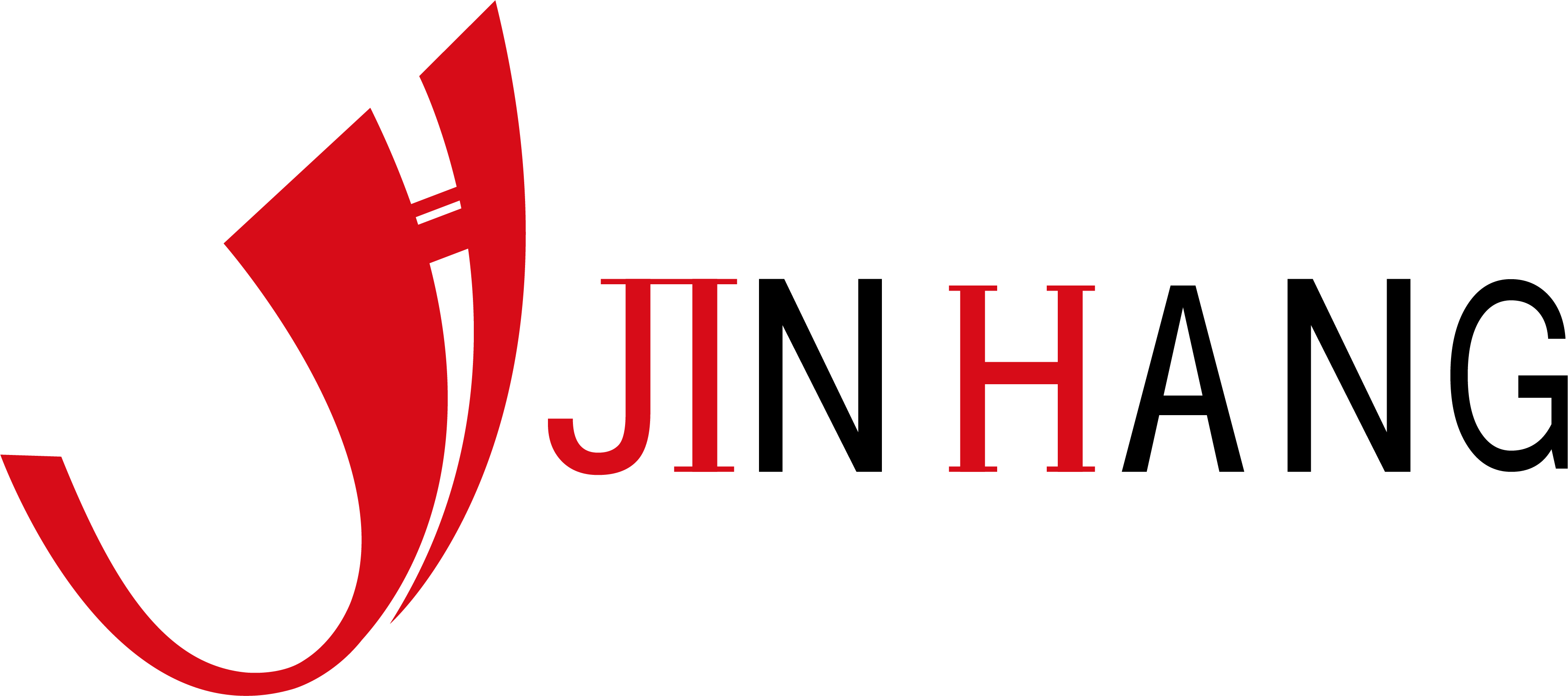What is rubber roller called?
Rubber rollers play a vital role in industrial production and are involved in almost all manufacturing fields. They are an important part of the machine and can effectively improve operating efficiency and production quality. However, rubber rollers are not the only name. Depending on their application, material, characteristics, etc., rubber rollers have many other names, such as polyurethane rollers, polyurethane rollers, etc.
This article will delve into the reasons behind the multiple names of rubber rollers and analyze their applications and importance in various manufacturing industries in detail.

What is rubber roller called?
Rubber roll
Rubber rollers, also known as rubber rolls, are cylindrical mechanical parts covered with rubber materials, mainly used for contacting and handling materials in operations such as transmission, lamination, coating, and printing during the production process. The interior of the rubber roller is usually made of metal to provide the necessary rigidity and structural support, while the outer layer is made of elastic rubber material to meet the needs of specific processes.
Polyurethane roller
In some applications, rubber rollers are called "polyurethane rollers" or "polyurethane rollers". Polyurethane is a synthetic rubber material with extremely high wear resistance, chemical corrosion resistance, and oil resistance. Due to these characteristics, polyurethane rollers are widely used in environments that require high durability and corrosion resistance. For example, in industries such as papermaking, printing, and textiles, polyurethane rollers can provide excellent mechanical properties and long service life. For this reason, many industrial fields prefer to use the name "polyurethane roller" to emphasize its special materials and excellent performance.
Other names
Depending on the application scenario and material, rubber rollers may also be called "silicone rollers", "fluororubber rollers", etc. Silicone rollers are usually used for operations that require high temperature environments, while fluororubber rollers are more common in applications that require higher corrosion resistance. These names reflect the characteristics, materials, and uses of rubber rollers to a certain extent, allowing users to choose the right product more accurately according to their needs.
What are the application industries of rubber rollers?
Rubber rollers are widely used in various manufacturing industries due to their various characteristics. From printing to papermaking, textiles to packaging, and even in industries such as steel and plastic processing, rubber rollers are used everywhere. The following are the main application scenarios of rubber rollers in various industries and their importance.
Printing industry
In the printing industry, rubber rollers are usually used to transfer and apply inks, which is an indispensable part of the printing process. According to different printing methods, rubber rollers are used as ink rollers, coating rollers, paper transfer rollers, etc. Their surfaces must have a certain degree of hardness, smoothness and durability to ensure the accuracy and consistency of the printing effect. For high-demand printing processes such as gravure printing and flexographic printing, the performance of the rubber roller directly determines the quality of the final product.
Papermaking industry
In the papermaking production line, rubber rollers play a vital role. From pulp processing to the production of finished paper, each link cannot be separated from the support of rubber rollers. For example, dewatering rollers are used to remove moisture from pulp, calendering rollers are used to improve the smoothness of the paper surface, and coating rollers are used to apply coatings on the paper surface. High-performance rubber rollers can significantly improve the flatness, glossiness and printing adaptability of paper, thereby improving the market competitiveness of products.
Textile industry
In the textile industry, rubber rollers are widely used in fiber transmission, warping, dyeing, printing and finishing. For example, in the warping process, rubber rollers are used to evenly transfer yarns to the loom; in the dyeing and printing process, rubber rollers are used to apply dyes and print patterns. Due to the complexity and diversity of textile processes, the material, hardness and surface characteristics of rubber rollers must be optimized for different processes to ensure the quality of the final product.
Packaging industry
The role of rubber rollers in packaging production lines cannot be ignored. For example, in the production process of cartons and plastic bags, rubber rollers are used to convey, press and print materials to ensure that the shape, size and printing effect of packaging materials meet the requirements. With the increasing requirements of modern packaging industry for product appearance and function, high-performance rubber rollers have become more important in the packaging industry.
Steel and plastic processing industry
In the steel and plastic processing industry, rubber rollers are mainly used for material transmission, coating and calendering processes. Since the production conditions in these industries are usually harsh, such as high temperature, high pressure and chemical corrosion, the material and design of rubber rollers must have extremely high tolerance. Polyurethane rollers and fluororubber rollers are particularly widely used in these environments because they can maintain stable performance for a long time under harsh conditions.

What are the advantages of rubber rollers?
The reason why rubber rollers are widely used in industrial production is inseparable from their excellent performance. Here are some of the main advantages of rubber rollers:
Chemical resistance
Rubber rollers are usually made of materials with strong chemical resistance, such as polyurethane, fluororubber, etc. This allows rubber rollers to be used for a long time in chemically corrosive environments without being damaged, extending their service life and reducing maintenance costs.
Strong shock absorption
Rubber rollers have good shock absorption, which can effectively absorb vibrations and shocks generated during the production process, reduce wear and tear on mechanical equipment, and extend the service life of equipment. In addition, the shock absorption performance of rubber rollers can also improve the stability of the production process and ensure product quality.
High surface smoothness
The surface smoothness of rubber rollers is usually high, which makes them perform well in operations that require high precision, such as printing and coating. The smooth surface ensures that the material is evenly attached to the rubber roller, avoiding product quality problems caused by uneven surfaces.
High temperature resistance
For rubber rollers that need to work in high temperature environments, such as silicone rollers, they have excellent high temperature resistance. This property enables them to maintain good mechanical strength and elasticity under high temperature conditions, and will not lose their working ability due to thermal expansion or softening.

What are the disadvantages of rubber rollers?
Although rubber rollers have many advantages, they also have some disadvantages. These disadvantages may limit their performance in certain specific applications.
Easy to age
Rubber materials are prone to aging due to factors such as oxidation, light, heat and mechanical stress during long-term use. Aging can cause problems such as increased hardness, reduced elasticity, and surface cracking of rubber rollers, which will affect their performance and life.
Higher price
Since high-performance rubber rollers usually use high-quality materials and complex production processes, their prices are higher than ordinary rollers. For some cost-sensitive companies, this may become a limiting factor.
Susceptible to chemicals
Although rubber rollers have a certain degree of chemical resistance, they are still affected when exposed to certain strong acids, strong bases or organic solvents, resulting in surface corrosion or dissolution. This requires users to fully understand their chemical resistance when choosing rubber rollers and choose according to the specific working environment.
JH Machinery has built a solid reputation as a high-quality roll manufacturer in China. Established in 2001, our company specializes in designing and producing rolls tailored to meet the needs of industries such as packaging, automotive, and printing. Our product range includes mirror rolls, heating rolls, and tungsten carbide rolls, all made in our ISO9001-certified factory using advanced equipment. Whether you’re purchasing wholesale or seeking customized solutions, we guarantee competitive prices and reliable support.
